Fundamental analysis
(1) In the United States, ISM manufacturing PMI continued to decline in May, while service PMI slowed down its expansion. In June, rate hike was suspended and expected to heat up.
According to the data released on June 1st, the ISM manufacturing PMI of the United States recorded 46.9 in May, with the previous value of 47.1 and the expected value of 47. The ISM manufacturing PMI of the United States in May fell short of the expected downward trend. According to the data released on June 5, the ISM non-manufacturing PMI of the United States recorded 50.3 in May, with the previous value of 51.9 and the expected value of 52.3. The ISM service PMI of the United States fell short of expectations in June, indicating that the expansion of manufacturing industry slowed down. According to the breakdown data of ISM manufacturing industry in the United States, the new order index continues to decline, indicating that people's demand continues to shrink, while the output index and customer inventory (finished goods inventory) pick up and keep expanding above threshold. Combined with the high level of consumer inflation, the downstream of American manufacturing industry is still facing stagflation problems of high inflation, declining demand and rising finished goods inventory. From other breakdown data, the manufacturing industry's own inventory (raw material inventory), price index (raw material cost) and order inventory continue to decline below threshold, indicating that the upstream of American manufacturing industry is in the process of active destocking, and the future economy is still facing downward pressure. According to PMI breakdown data of service industry, the index of business activities and new orders declined, indicating that the demand of service industry slowed down, while the order inventory index declined and the inventory index rebounded, indicating that the upstream and downstream inventory performance of service industry was divided, the price index declined, the inventory increased and the demand slowed down. The American service industry may gradually turn to the passive replenishment cycle, while the employment index fell below threshold, and the pressure of the job market gradually reflected. Generally speaking, ISM PMI data of manufacturing and service industries in May further confirmed that the downward pressure of economy gradually exceeded the pressure of high inflation, and the Federal Reserve will begin to balance the relationship between economic downturn and inflation, which will support the suspension of rate hike in June.
Figure 1: PMI of ISM manufacturing and service industries in the United States in May
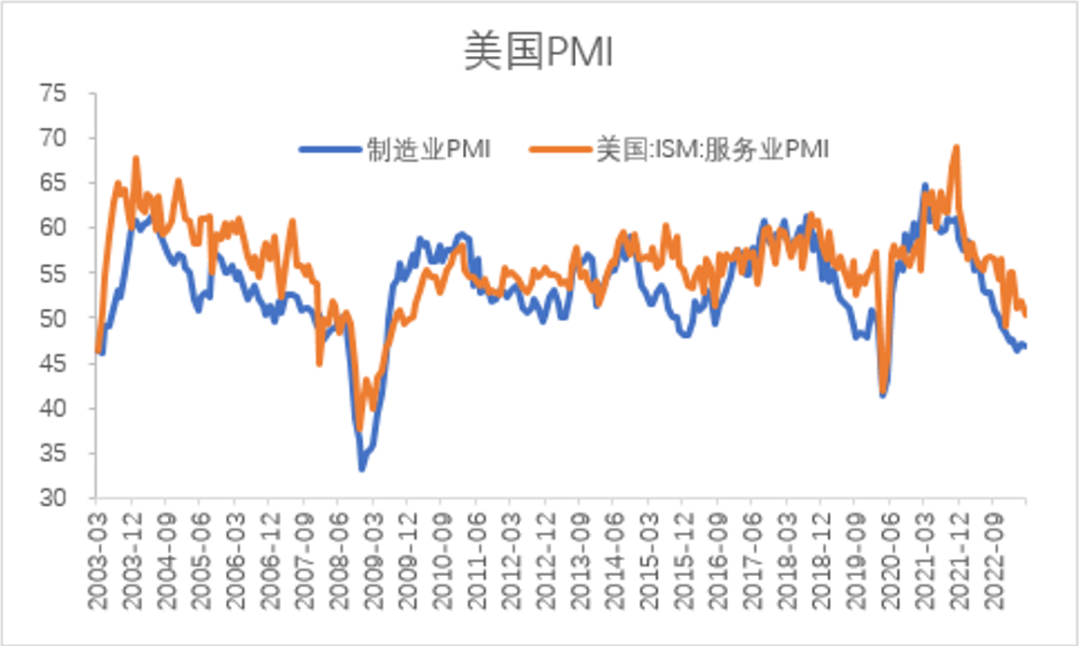
Figure 2: ISM Manufacturing PMI Sub-item
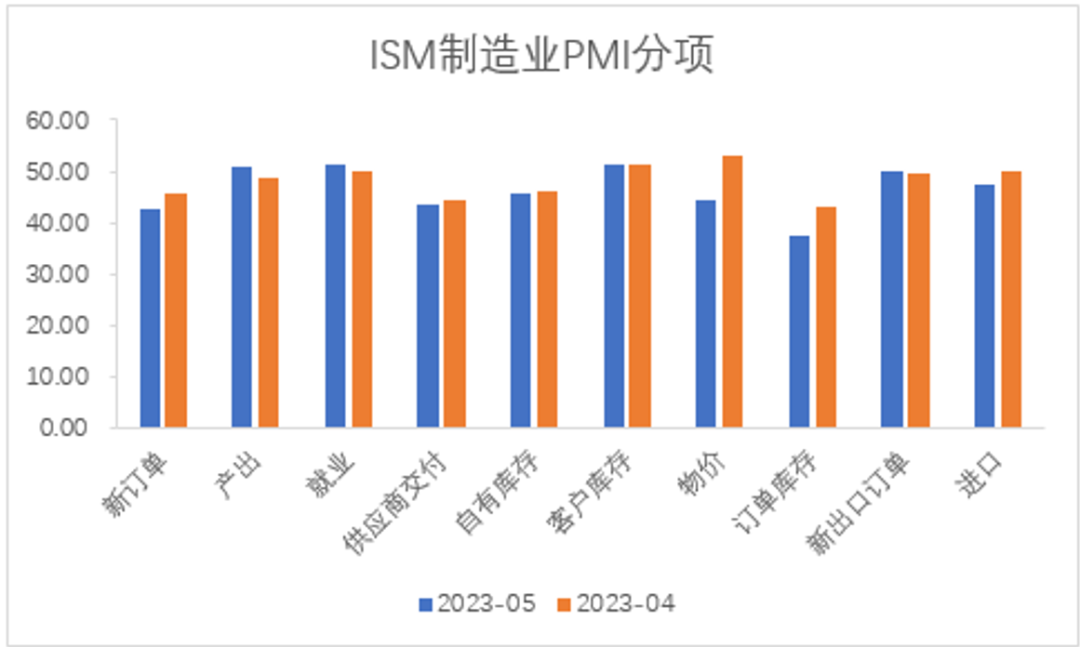
Source: Wind International Derivatives Think Tank
(2) The US non-agricultural data in May is mixed, and the possibility of the Federal Reserve suspending the rate hike but maintaining high interest rates increases.
According to data released on June 2, the unemployment rate in the United States recorded 3.7% in May, the previous value was 3.4%, and it is expected to be 3.5%; After the May quarter adjustment in the United States, the non-agricultural employment population recorded 339,000, with a previous value of 294,000 and an expected 190,000; The average hourly wage in the United States in May increased by 4.3% year-on-year, the previous value was 4.4%, and it is expected to be 4.4%; The average hourly wage in the United States increased by 0.3% month-on-month in May, compared with the previous value of 0.4% and the expected 0.3%. The non-agricultural employment data of the United States in May was mixed. In May, the number of employed people increased, the hourly wage growth rate decreased year-on-year, but the unemployment rate rose, indicating that inflationary pressure cooled down, employment remained resilient, but the downward pressure on the economy was gradually reflected in the unemployment rate. From the perspective of industry classification, in May, except for the decrease of manufacturing employment, the employment of other industries kept growing, and the employment of construction, service production, education and health care services and government departments increased, which further showed the current situation that the service industry remained resilient and the manufacturing industry continued to decline. The performance of non-farm payrolls in May eased the worries of economic downturn, but at the same time, the easing of wage inflation pressure and the rising unemployment rate also supported the suspension of rate hike in June.
Figure 3: US non-farm payrolls data for May
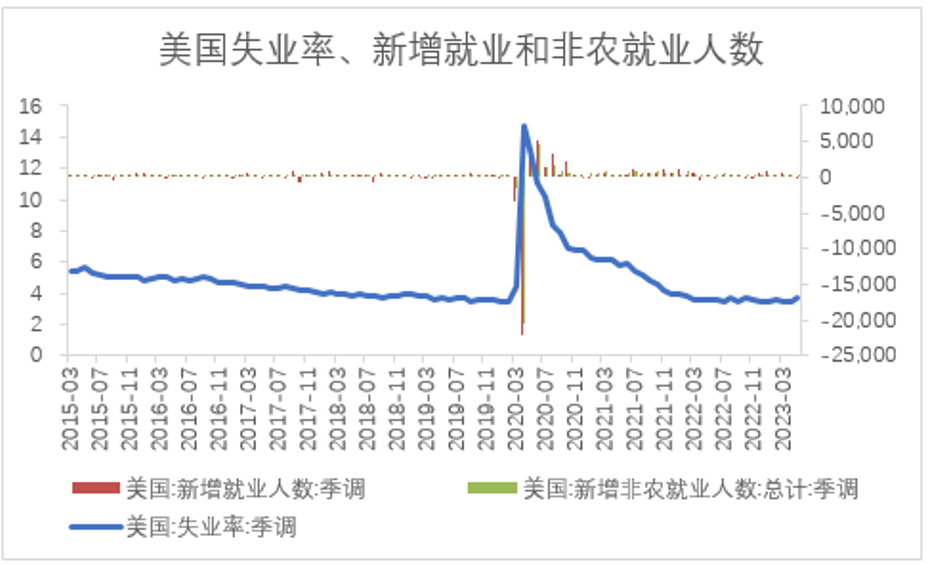
Figure 4: Average time in May in the United States
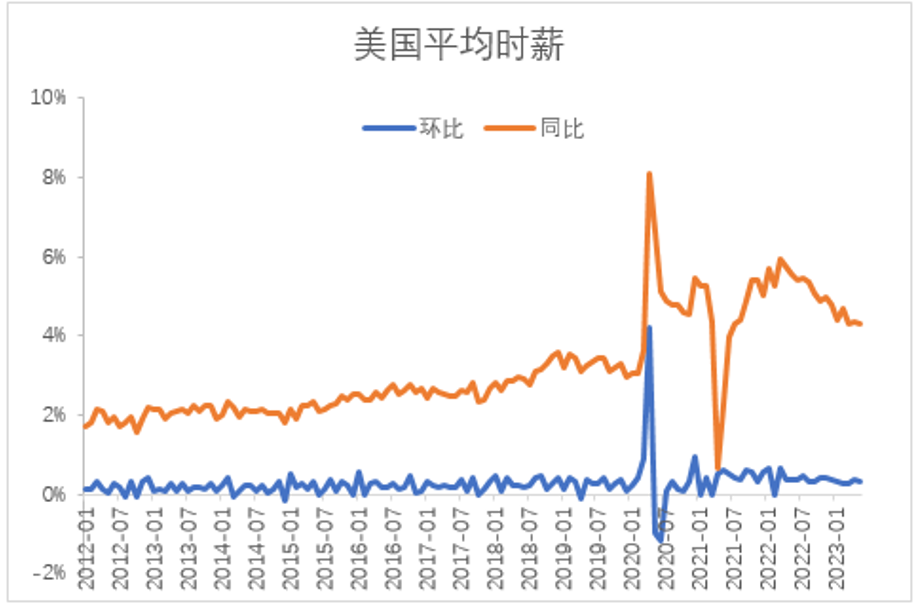
Source: Wind International Derivatives Think Tank
In May, ISM PMI of manufacturing and service industry showed that the upstream and downstream inventories of manufacturing industry were divided, the downward pressure of economy would gradually be transmitted from upstream to downstream, the service industry gradually turned to passive replenishment, and the demand slowed down. After inflation fell in the first half of the year, the Federal Reserve gradually brought economic pressure into policy consideration, so the market expected the Federal Reserve to suspend rate hike in June. However, because the downstream of manufacturing industry is still facing stagflation and the employment data in May shows resilience, suspending rate hike does not mean that the policy shifts to interest rate cuts. It is expected that the Federal Reserve will maintain high interest rates after suspending rate hike.
III. Position analysis
According to data released by the US Commodity Futures Trading Commission (CFTC), as of the week of May 30, the positions of speculative positions in E-mini S&P 500 stock index futures and options decreased from 32,669 lots to 13,914 lots, and the number of orders increased by 8,085 lots. Empty orders decreased by 10,670 lots; E-mini Nasdaq 100 index futures and options clearance positions increased from 9,784 lots to 15,616 lots, multiple orders decreased by 1,533 lots, and empty orders increased by 4,299 lots; Dow Jones ($5) futures options clearance positions decreased from 3,194 lots to 698 lots, multiple orders increased by 2,130 lots, and empty orders decreased by 366 lots.
From the perspective of positions, the mini Nasdaq 100 speculative positions increased, the small Dow futures increased by 2,766 lots and 1,764 lots respectively, and the mini S&P 500 index futures speculative positions decreased by 2,585 lots; From the change of clearance list, smallDow futures and mini S&P 500 clearance orders decreased by 2,496 lots and 18,755 lots respectively, while mini Nasdaq 100 clearance orders increased by 5,832 lots. The position situation shows that the speculative positions and headroom orders of Mini Nasdaq 100 Index have increased, indicating that the trend of US stocks is biased or reduced.
Figure 5: Changes in speculative positions of mini S&P 500 futures options
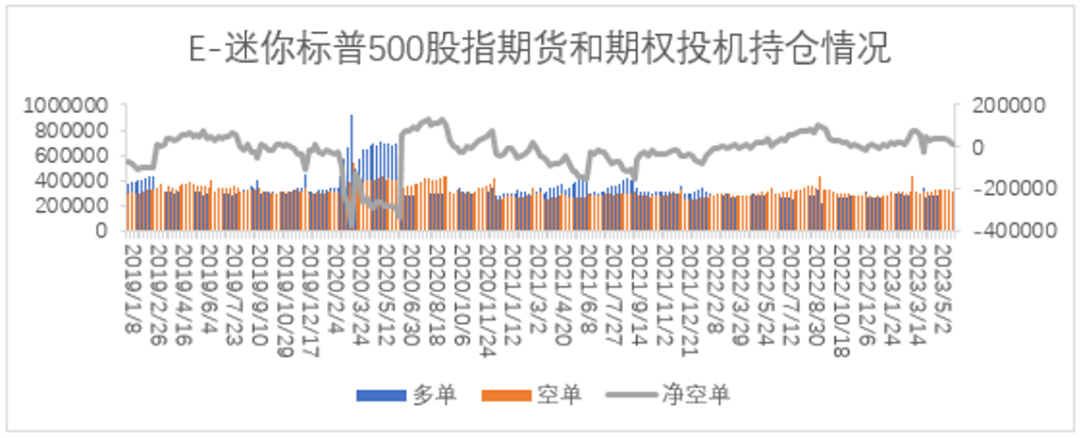
Figure 6: Changes in speculative positions of E-mini Nasdaq 100 futures options
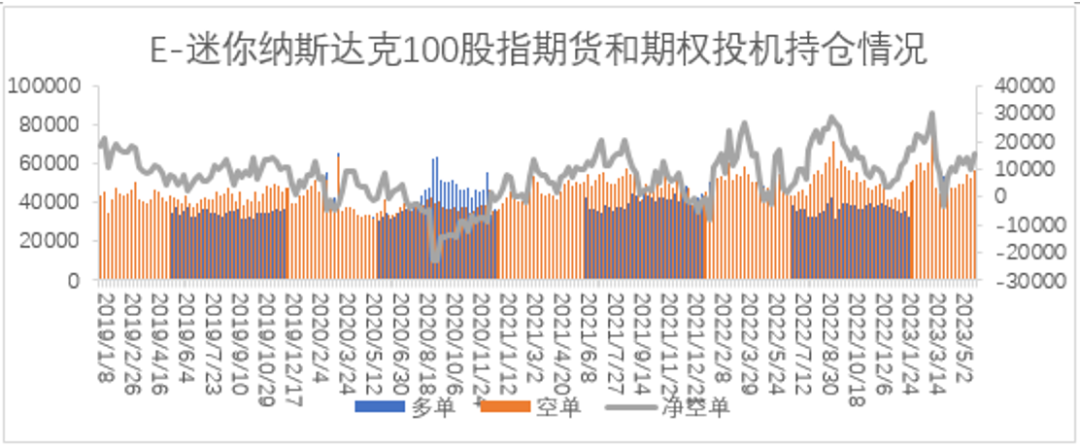
Figure 7: Changes in speculative positions of Dow Jones ($5) futures options
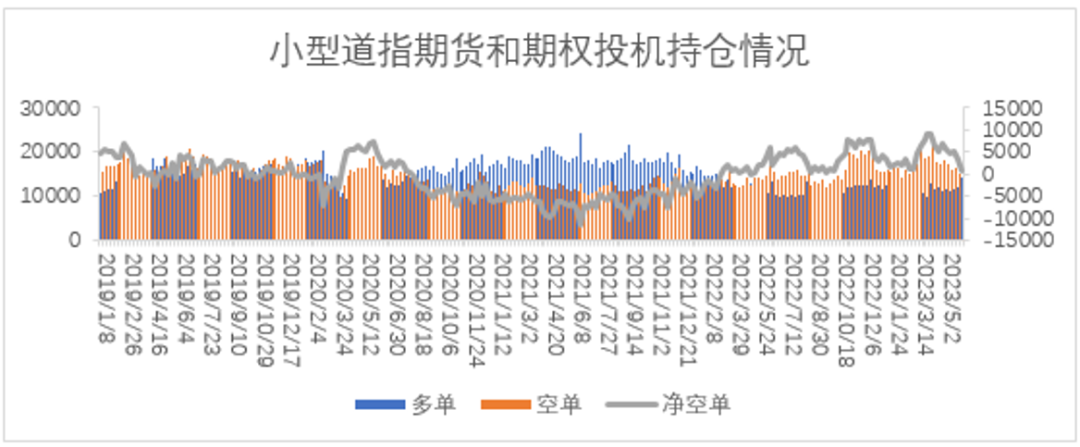
Source: CFTC official website International Derivatives Think Tank
$NQ100 Index Main Connection 2309 (NQmain) $$Dow Jones Main Link 2309 (YMmain) $$SP500 Index Main Connection 2309 (ESmain) $$Gold Main Link 2308 (GCmain) $$WTI Crude Oil Main Link 2307 (CLmain) $
Comments